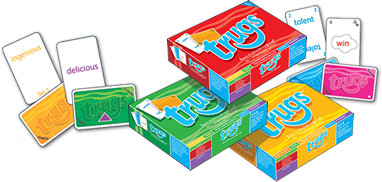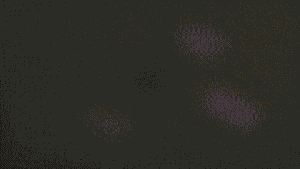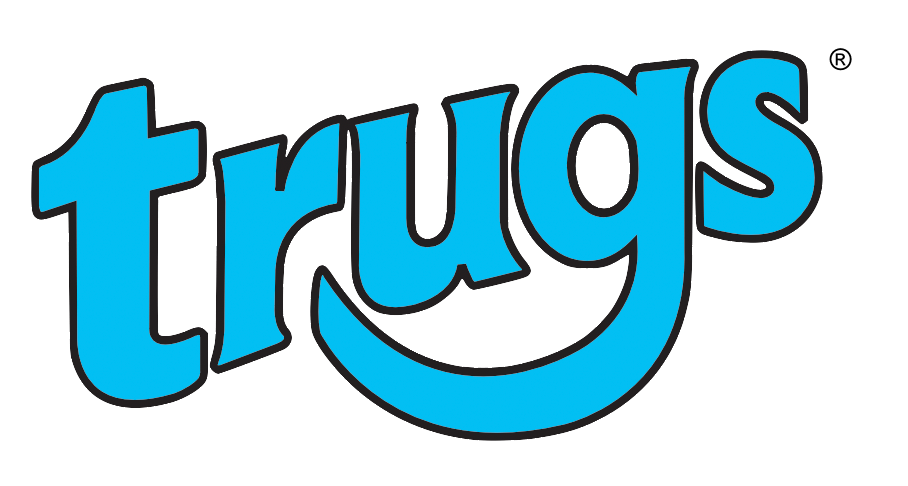
What is Phonics?
Phonics is a way of connecting sounds with symbols, giving a method for teaching reading by Deconstructing words and language, often known as one of the most effective ways to teach people how to read and write. As well as the written language, phonics can also aid people in learning the spoken language. Certain letters are taken, then it is explored how many ways the letter can be sounded and spelled. For example, the letter ‘k’ can be spelled as ‘c’, ‘k’, ‘ck’, or ‘ch’;[1] with the different pronunciations also being explained. Letters can be built up to make words and new letter combinations can be brought in gradually.
Phonics is such an important part of the learning process for people. By enabling them to see this process of deconstructing words and letters, they are able to go from the basics of language, to the intricacies of it. To see them go through this journey is exciting for both the teachers and the student. Phonics can be taught in many different ways. The most popular is Synthetic Phonics, where sounds and letters are pronounced in isolation and then blended together to form a word.[2] The skill is then built on, until sentences can be formed.
This is why Trugs is such a useful tool when teaching people phonics and language. They offer three boxes containing 15 phonic reading stages in card form; five stages in each box. This structure has been put together by a phonics specialist, so it is known that Trugs is a productive teaching method. Cards allow the way people learn phonics to be flexible; they can play multiple games and use them to develop sentences when writing. There is also a range of Trugs phonics cards, including ‘Trugs Pics’ which use pictures to teach people. Trugs provides an ingenious way of teaching and understanding phonics; making sure the phonics process is understood and followed correctly as well as flexibly, so any teaching method is welcomed.
[1] ‘What is Phonics?’, National Literary Trust <https://literacytrust.org.uk/information/what-is-literacy/what-phonics/>
[2] What is Phonics?’, National Literary Trust <https://literacytrust.org.uk/information/what-is-literacy/what-phonics/>

